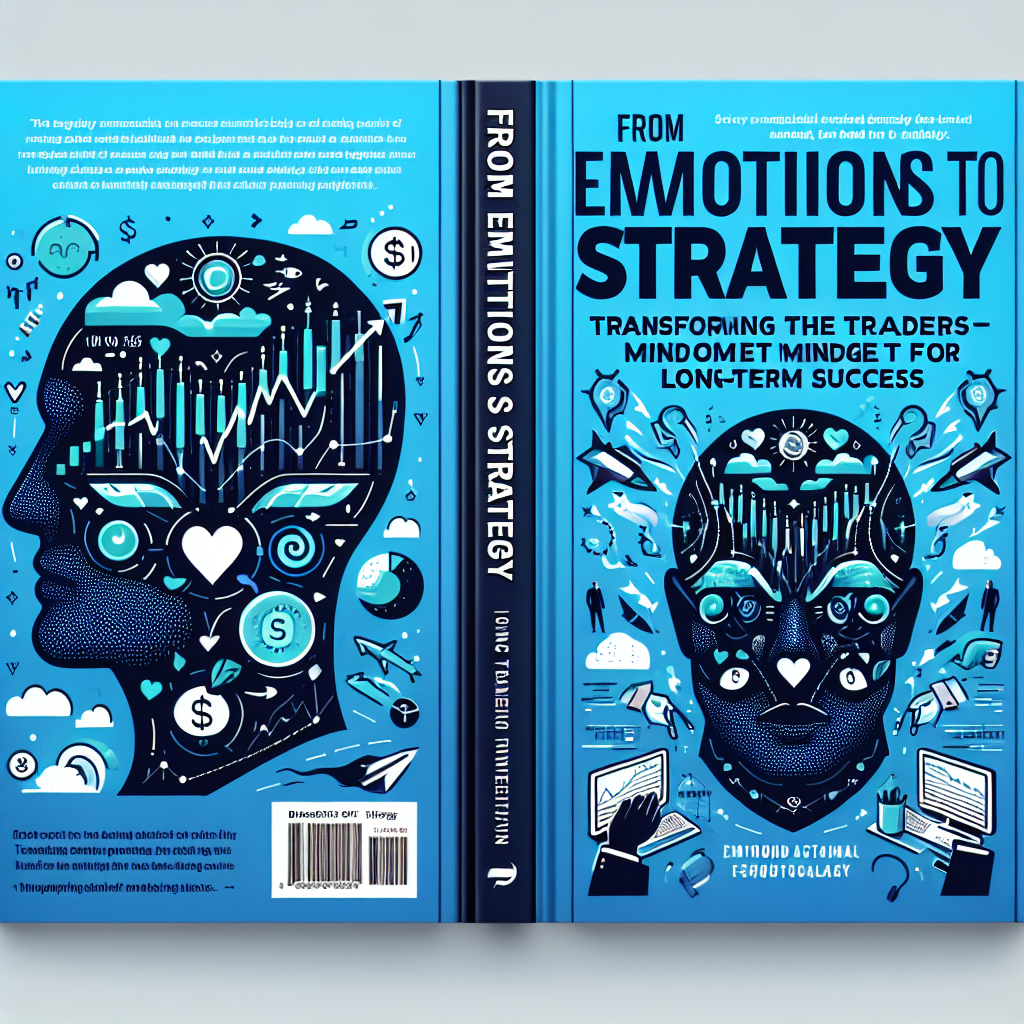Changes in a Trader’s Mindset
Trading is as much a mental game as it is a technical one. Across the journey of any trader, whether budding or experienced, the evolution of mindset serves as one of the most defining factors for long-term success. A clear, resolute, and adaptive mindset can dictate how traders handle both gains and losses, as well as how they refine strategies or embrace learning. In this article, we’ll explore how the mindset of traders must evolve and align with the complexities and realities of the financial markets.
1. From Emotionally Driven to Data-Driven Decision-Making
Many new traders enter the market naively, driven by emotions like excitement, fear of missing out (FOMO), and greed. Their decisions often stem from market rumors, flashy headlines, or the lure of instant wealth. This impulsive, high-risk behavior typically results in early losses.
As the trader’s mindset matures, emotions like greed and fear are replaced by discipline and data. Instead of chasing trends, seasoned traders learn to rely on analysis, historical data, and risk management strategies. They realize that success lies in calculated decisions rather than gut feelings or overly optimistic hopes. Moreover, they build routines and rely on tools like stop-loss mechanisms to detach emotions from their trades.
Mastery begins when the trader transitions away from emotional impulses and equips themselves with a strategic approach to trading decisions. As the podcast guest succinctly put it, trading requires patience: “Chill, be easy, and trade only what aligns with your long-term plan.”
—
2. Adopting a Long-Term Perspective
Perhaps the largest mental barrier for new traders is the concept of short-term wealth. Many enter the markets expecting overnight wins, seduced by social media portrayals of flashy lifestyles funded by rapid trades. This toxic belief system fosters impatience and leads many to over-leverage their accounts or bet everything on high-risk trades.
Over time, successful traders adopt a longer-term perspective, understanding that wealth generation is achieved through steady compounding rather than speculative windfalls. They balance ambition with caution, respecting the markets. Consistent profitability – whether it’s a modest 10%-15% annual growth – signifies sustainable success. This mental shift also ensures they avoid burnout and emotional exhaustion caused by chasing quick profits.
As highlighted in the podcast, understanding your financial boundaries is key: “Always trade with money you can afford to lose. Never risk your savings or essentials. Separate trading funds from your everyday expenses – it keeps you relaxed and focused.”
—
3. The Power of Time Management and Continuous Learning
A pivotal point in a trader’s mindset transformation is recognizing that trading is a skill that demands consistent learning and adaptation. Markets are dynamic, influenced by global trends, political movements, and economic changes. Those unwilling to invest time in education and market research are doomed to repeat the same mistakes.
Time management, as discussed in the podcast, plays a crucial role. For traders who juggle responsibilities such as full-time jobs or parenting, setting aside time to learn and trade strategically is essential. Allocating early mornings, lunch breaks, or structured hours for knowledge-building can lead to significant skill growth. The podcast expert highlighted this individual responsibility: “If you want it, you’ll find the time… or you’ll find an excuse.”
Moreover, traders must embrace lifelong learning. From understanding the nuances of emerging markets to exploring new industries, evolving knowledge is critical for informed decision-making.
—
4. Transforming Losses into Lessons
The initial stages of trading often come with losses, leading many to quit prematurely. Here lies a critical mindset shift: losses should not be viewed as failures but as learning opportunities. The ability to review trades, identify patterns or errors, and apply lessons fosters growth and resilience.
A key takeaway from the podcast is that most traders’ biggest mistakes stem from recklessness – putting all their capital into a single trade or ignoring diversification. An experienced mindset learns to diversify investments, use risk management strategies, and adjust to reality. As shared, it’s better to approach losses with patience: “Start small, absorb every lesson, and never give up.”
—
5. Balancing Community Support and Individual Conviction
Trading doesn’t have to be a solitary journey. Community support, as found in educational platforms like Skypex, serves as a vital tool for growth. Engaging with peers, sharing successes and failures, and learning from the decisions of others can be transformative.
However, traders must find the balance between drawing insight from others and building their own convictions. Over-reliance on external opinions without trusting self-acquired strategies can lead to confusion or inconsistency. Trading success demands this duality – a willingness to learn from others while staying true to personal methods.
—
6. The Shift From Survival to Thriving
Finally, a crucial mental shift for sustained trading success is changing the purpose of trading itself. Trading under the pressure of “survival,” where profits are needed to meet daily expenses, can cloud judgment and create stress-induced errors. Instead, trading should be treated as a mechanism for “thriving” – a means to build additional wealth for luxury, investments, or long-term savings. This shift ensures emotional detachment, leading to rational decision-making and a healthier relationship with risk.
—
Conclusion
Changing the trader’s mindset is a journey, not a single step. It evolves through discipline, learning, and experience. Emotions must be tempered, losses embraced as lessons, and the long-term vision prioritized over short-term wins. Whether you’re a solitary trader or part of a larger community like Skypex, the path forward lies in adaptability, strategy, and continuous self-improvement. After all, as the podcast’s expert beautifully summarized, *”As long as your fingernails are growing, you must keep learning.”*

